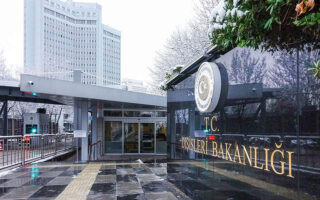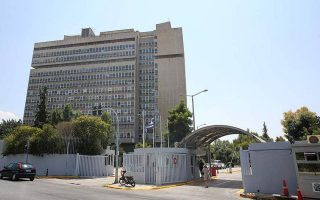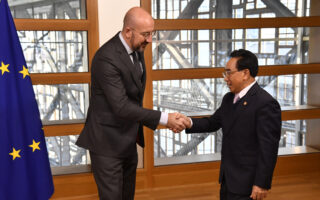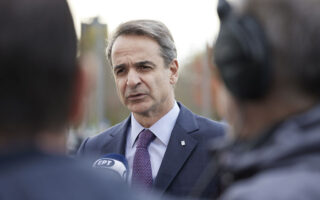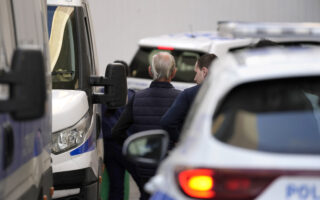Judge to decide on detention of EU-Qatar graft scandal suspects
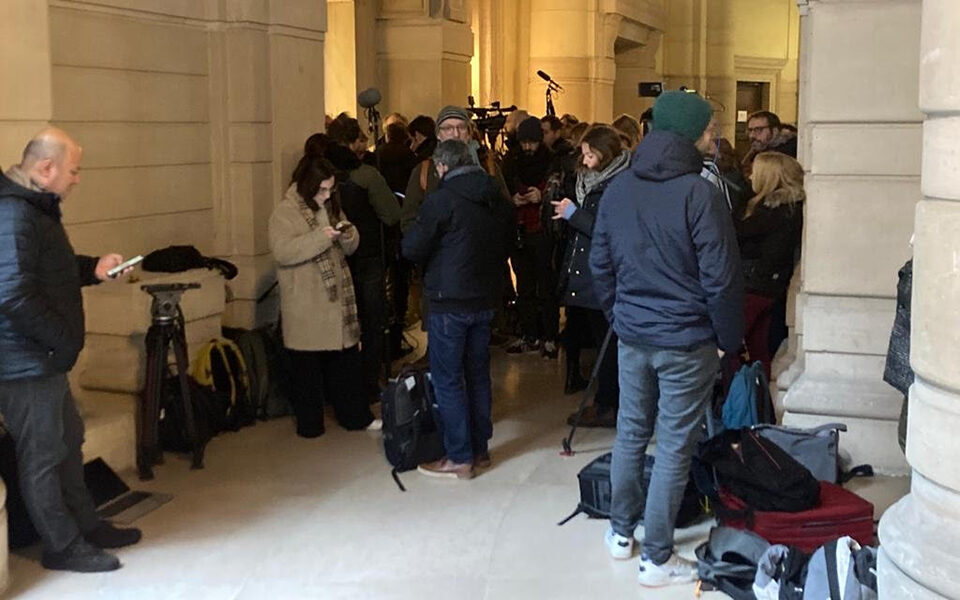
A three-judge panel will decide on Wednesday whether four suspects charged and arrested in a fraud scandal rocking the European Parliament will stay in detention during the investigation or can be set free.
The investigation, during which Belgian police discovered huge stacks of cash as they raided the homes and offices of EU lawmakers, parliamentary assistants and NGO campaigners has triggered one of the biggest corruption scandals to hit Brussels.
Prosecutors suspect Greek MEP Eva Kaili and three others accepted bribes from World Cup host Qatar in a bid to influence EU policymaking.
Kaili’s lawyer Michalis Dimitrakopoulos told Reuters on Tuesday that his client was innocent and Qatari officials have also denied any wrongdoing.
The case has sent shockwaves through the European Parliament and could badly dent its efforts to present itself as a sound moral compass that takes government in Europe and beyond to task on ethics and human rights.
Kaili, her partner Francesco Giorgi, who is a parliamentary assistant, Niccolo Figa-Talamanca, the secretary-general of a rule of law campaign group, and Pier Antonio Panzeri, an ex-MEP and founder of another non-profit campaign group, have all been in custody since Friday.
They will appear before the judge at around 11.40 a.m. (1040 GMT) and the hearings are set to take about an hour or two, a judicial source said.
Reuters could not reach Giorgi, Figa-Talamanca and Panzeri or their lawyers for comment. Non-profit organisations they work with did not respond to emailed requests seeking comment.
Any release would likely be conditional on their not contacting their co-accused and not leaving Belgium, the source said.
The European Parliament on Tuesday voted to strip Kaili, a 44-year old Greek Socialist MEP, of her vice presidency role. Lawmakers have called her to quit the assembly altogether.
The European Parliament’s president Roberta Metsola said the assembly was carrying out internal investigations and would tighten lobbying rules and ensure a better oversight of contacts between MEPs and foreign governments.
Belgian prosecutors said they had suspected for more than four months that a Gulf state was trying to buy influence in Brussels. Although no state was publicly named by prosecutors, a source with knowledge of the case said it was Qatar. [Reuters]
